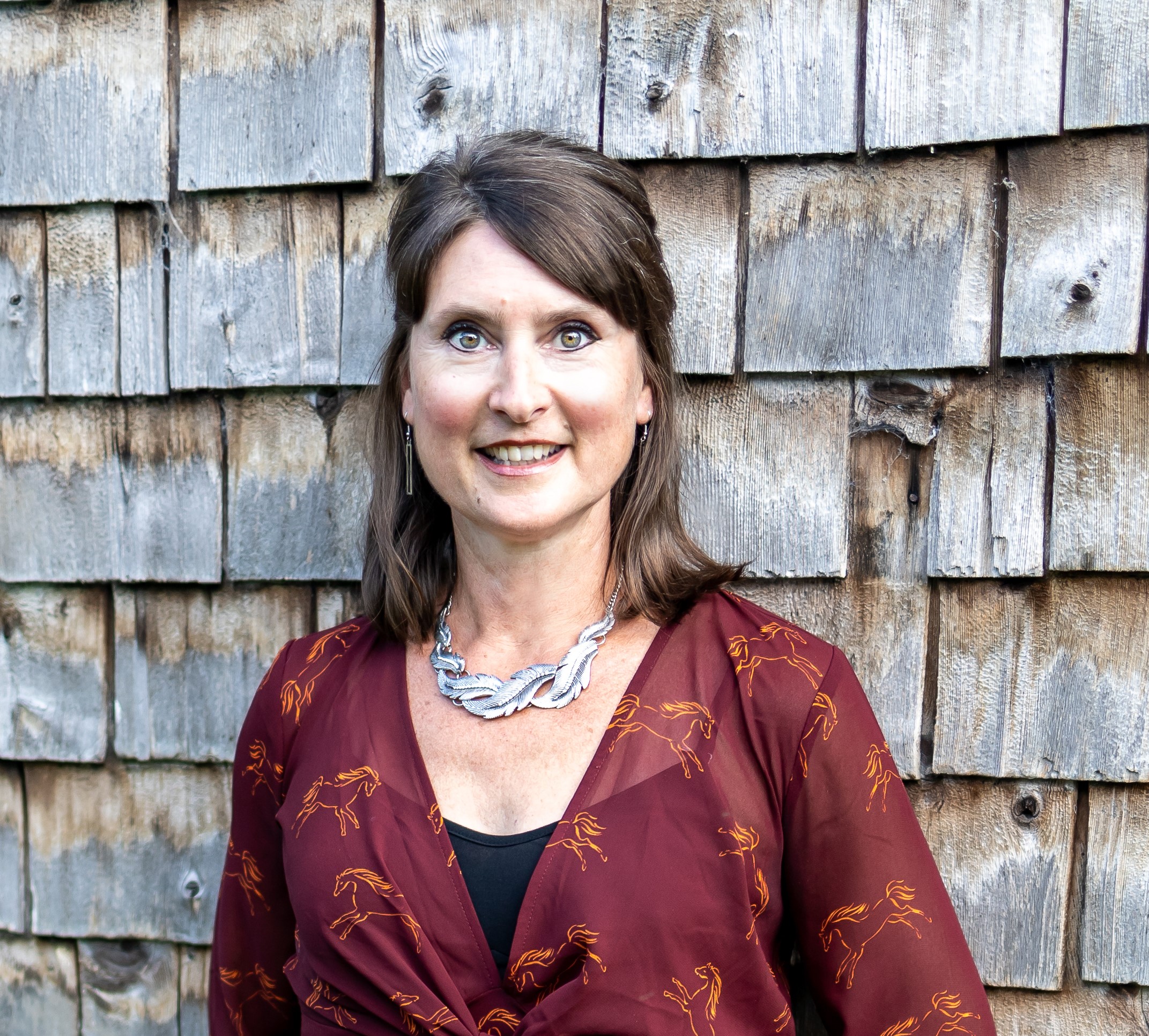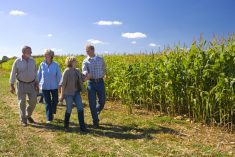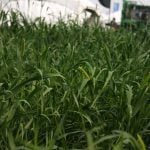Farming is a complex business full of daily decisions with expensive consequences.
Country Guide associate editor, April Stewart, sat down with Evan Shout, a.k.a. the Farmer Coach, for his thoughts and top tips on how farmers can prepare to make decisions not only for the coming year but for the next decade. Below is an excerpt from the podcast (edited for clarity).
Country Guide: As we both know, farming is a complex business full of daily decisions, the results of which can mean the difference between a good year and a bad. What does this mean for farmers planning for 2025 and beyond?
Read Also

Adapting, innovating and thriving in Saskatchewan agriculture
Cyle and Erika Stewart have embraced their ability to pivot and take a new approach to ranching on more than…
Evan Shout: We’ve got to come to terms with the fact that agriculture is not like it used to be. Financial decisions are not small. We’re dealing with multi-million-dollar decisions and not just one or two, but hundreds throughout the year, if not daily. It’s become so complex that farms are starting to struggle with all the financial decisions coming at them and all of a sudden, those gut-check feelings aren’t doing the job anymore.
So now what? We’ve had to create systems, processes and get advisors — all these things that we maybe didn’t use in the past. Before we were “rugged individualists,” but now we know we need help.
CG: What are some of the biggest changes you’re seeing?
ES: I think the biggest thing, especially on the farm finance side, is that we’re starting to see a lot more farms take that next step into becoming a true business, whether that’s hiring people to put those processes in place or doing it ourselves.
And with larger-scale businesses, you’re expected to communicate and have regular meetings. Family farms never had to do this and that’s where I’m starting to see big changes. They’re bringing their kids into meetings with the accountants and the lawyers and getting them involved early.
A driving force behind those meetings is succession. That process isn’t starting when the kids are 40 anymore. It’s starting when the kids are 17.
One last big change is the number of roles and responsibilities on a farm. Again, this is driven by succession and farms scaling up in size. Succession plans are starting so early, and they have to start having discussions on things like who has what skills already, or who’s doing what job, and so they need the kid to do something else. Maybe you need them to get a business degree or a mechanic degree or something outside of the norm, because that’s the skill set the business requires. And since things are happening earlier, these conversations are also happening because Dad doesn’t want the kid to come back and take his job just like that.
CG: What would be your top advice for someone to consider before they get to the “tomorrow is the day I take over” step?
ES: Focus on looking for a hand up, not a handout. Because of current real estate evaluations, land literally made farms much wealthier over the last 10 to 15 years. In my eyes, the next generation has to get good at farming, where the last generation, if you could hold on to the land, you probably made quite a bit of money.
The biggest thing the next generation has to concentrate on is becoming farmers and business owners, because if they’re looking for real estate to take them to that next level it’s probably not going to happen at the same rate as it did for their parents.
CG: What about skills? Are there certain skills current or new farmers should focus on that would help sustain or grow their operations? Do these skills change based on farm size or sector?
ES: It’s important to know the key concepts such as ratios, profitability metrics, cost of production. It doesn’t matter what size you are, it’s all at scale. You’re still looking to make so much per acre, so much per head or so much per litre. The metrics don’t change. And from an operation standpoint, there’s still roles, responsibilities and processes. If you can get the core business competencies down, they’re going to apply no matter what size your farm is.
Listen to the rest of the conversation at the Country Guide podcast page.
















